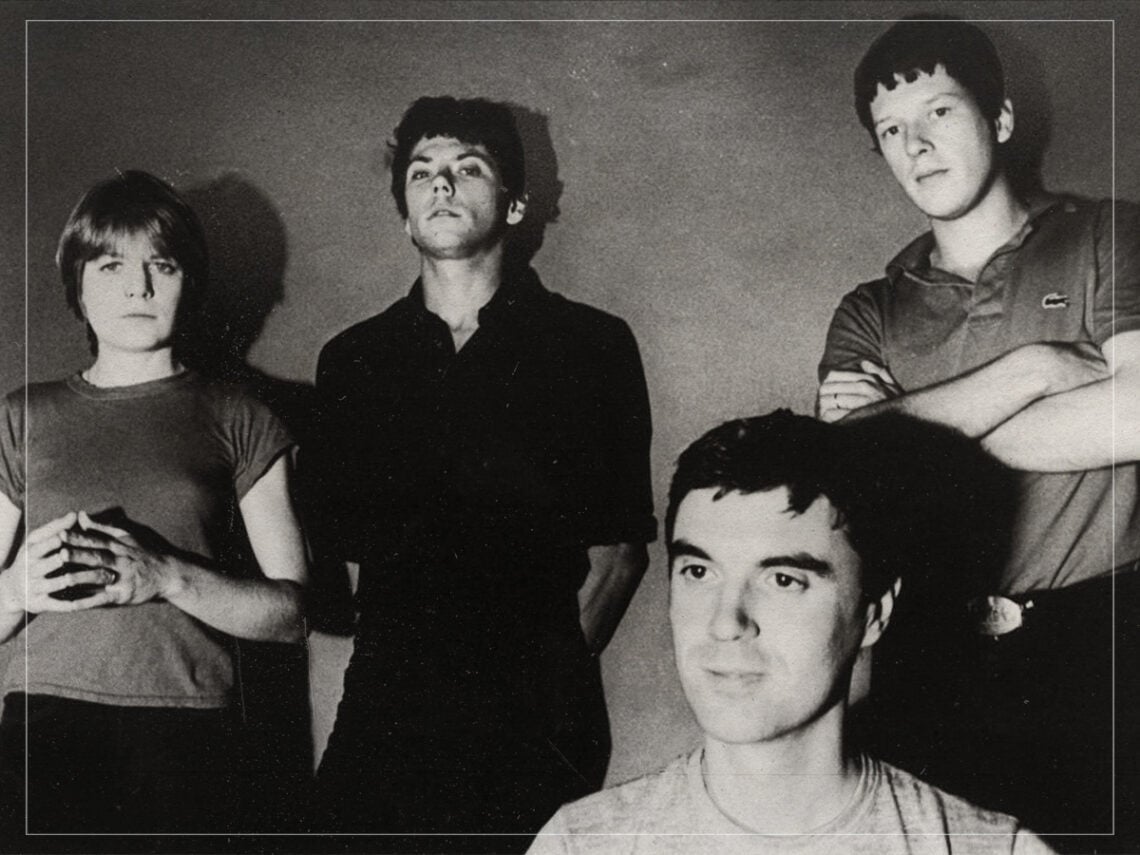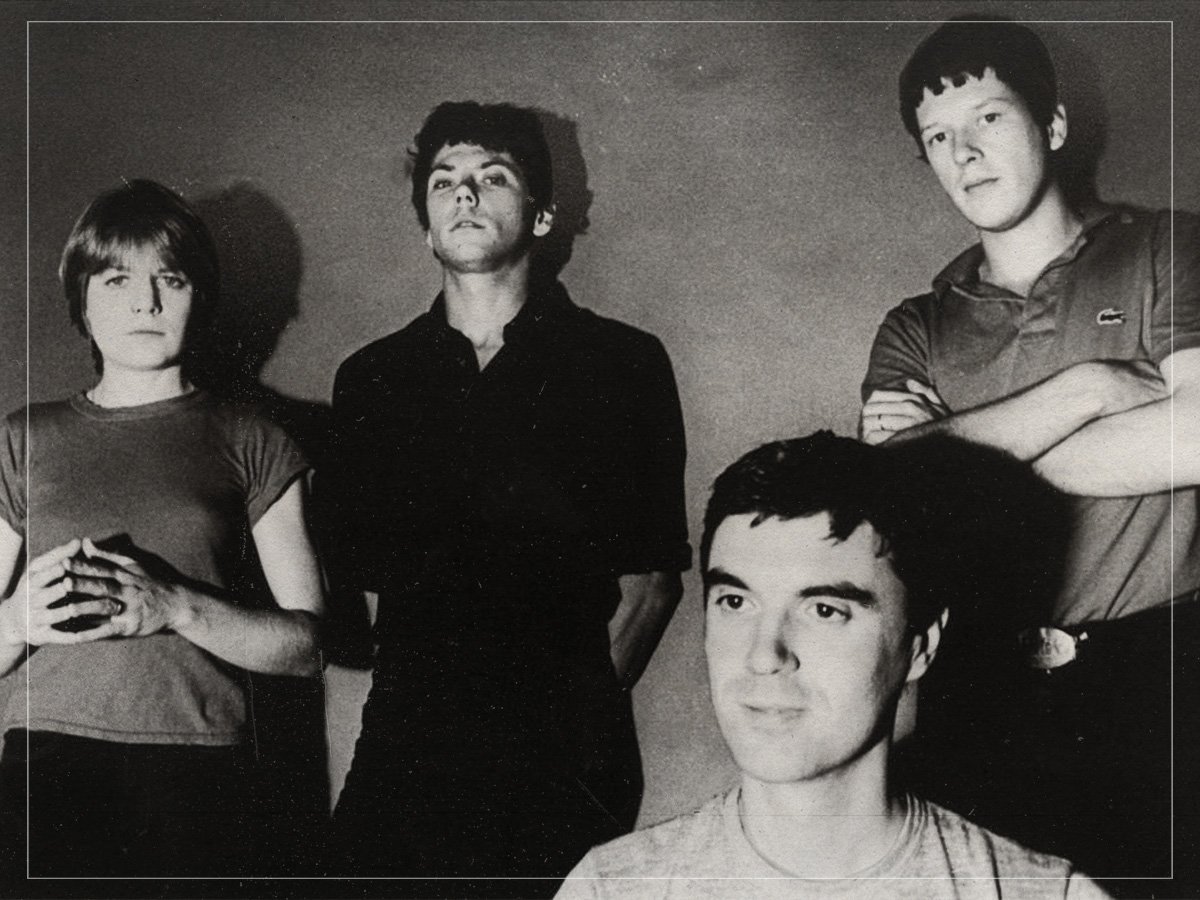
(Credits: Far Out / Sire Records)
Sat 25 October 2025 1:00, UK
In Talking Heads, David Byrne’s involvement can be categorised into two distinctive approaches.
One, that his ideas always came from something personal, even if they flowed out naturally or more spontaneously. And two, that his independence often clashed with the otherwise collaborative environment the others championed. Over the years, his outlook and demeanour have “changed”, but back then, a lack of communication caused a rift with those who wanted to feel part of a team again.
“I’ve changed over the years,” Byrne explained during one of his Reasons to be Cheerful lectures in 2018, “I’m imperfect, but I communicate better. I don’t just bury things and let them explode at some point. I’m able to talk in a social group, whereas before I would retreat into a corner.”
A few years prior, band member Tina Weymouth had told The Guardian that Byrne “doesn’t relate emotionally to things” and that he often operated in contradictory ways that made the rest of them feel out of place.
It’s also what once pushed Weymouth to admit that his reputation sits somewhere in between genius and “moron”. They had a lot of fun making those records, of course, and the impact speaks for itself, but some moments, especially towards the end, made them think that maybe the ship had started to sail on their day in the sun, and only one person seemed to be steering it that way.
Across their last couple of records, especially, both Weymouth and Chris Frantz didn’t feel that same sense of team ethic they’d felt on previous works. Instead, they felt like Byrne was taking the reins just a little too dominantly, and when Byrne had the chance to go into this in more detail with Tape Op, he defended his decision of bringing ideas where there weren’t many.
“At the very end, I brought in a whole batch of songs and played it for them,” he recalled, “They were demos, some kind of bare-bones loop and one instrument, or something, and me singing on top of it. It wasn’t like, ‘You play this’. But it was like, ‘Okay, there’s a song there’. They rejected them all.”
He went on about how he was fed up with their desire for improvisation that would have all of them working on a piece, because “I thought, ‘Well, here are some songs. I am not telling you what to play, but these songs have worked for the band in the past’. It was like, ‘Well, I don’t see anybody else bringing anything to the table’.”
What happened as the band matured evidently came down to a clash of approaches, one being Byrne’s ability to bring song ideas to the table, the other being the other musicians’ desire to collaborate more openly on crafting the song ideas before recording them. While they didn’t necessarily start out that way, the shift made Weymouth and Frantz feel like second-class citizens, eventually making them all realise that maybe their visions weren’t as aligned anymore.
Related Topics

